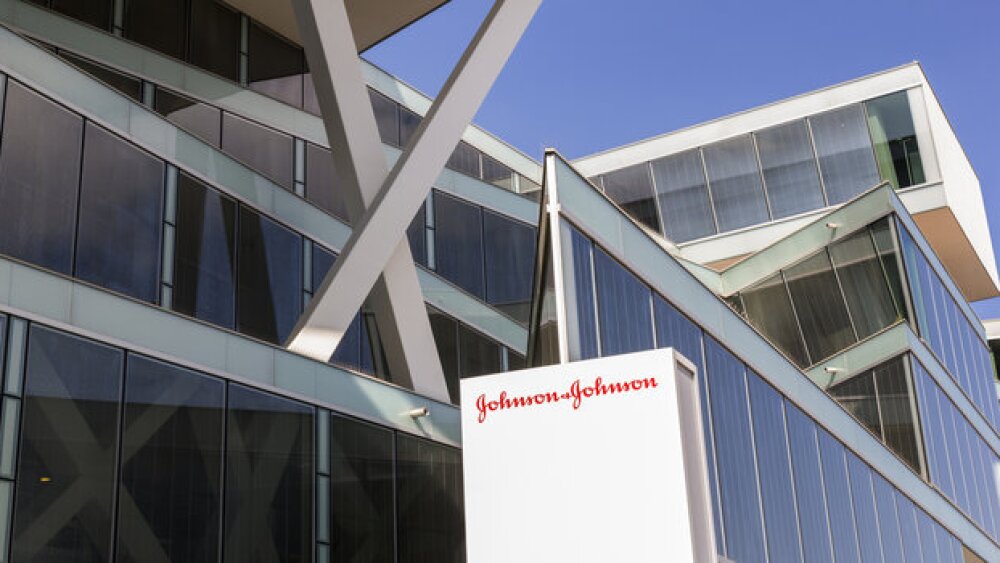China continues to be a source of innovation as Pfizer strikes biggest pact yet; HHS provides more info on Trump’s Most Favored Nation executive order; FDA Commissioner Marty Makary and CBER director Vinay Prasad reveal new COVID-19 vaccine strategy following Novavax approval; ODAC underway after chaotic planning; more.
> Listen on Spotify
> Listen on Apple Products
> Listen on Amazon Music
> Listen on iHeart
Pfizer stole the headlines this week with a pact worth up to $6 billion with Chinese biotech 3SBio for a PD-1/VEGF candidate just three months after inking a clinical trials collab for a similar drug with Summit Therapeutics. It’s the largest Chinese licensing deal in recent memory, as pharmas continue to turn to the country to fill their pipelines.
Also on Tuesday, the Department of Health and Human Services offered a smidge more detail on President Donald Trump’s Most Favored Nation executive order. A press release explained that drug prices will be tied to the lowest price in certain countries with a GDP at least 60% that of the U.S. and that the effort will focus on branded drugs.
Over at the FDA, the strategy around COVID-19 vaccines is evolving. According to an editorial published in the New England Journal of Medicine Tuesday by FDA Commissioner Marty Makary and CBER director Vinay Prasad, future COVID-19 approvals will focus on adults over 65 and high-risk individuals six months to 64 years old—a strategy they say will better align the U.S. with other high-income nations. This is also in sync with the Novavax approval, which came in Friday after a few delays.
Meanwhile, the FDA’s Oncologic Drugs Advisory Committee (ODAC) is currently in the midst of a two-day meeting, but acquiring the necessary expertise was “absolute chaos,” according to an agency insider who spoke with BioSpace. This is partly due to the decimation of an FDA office that includes staff responsible for screening scientific and therapeutic area experts for conflicts of interest.
Going back to last week—which seems like a year ago at this point—we were somewhat shocked to learn that the CEO of one of the world’s most valuable pharma companies is on his way out. Friday morning, Novo Nordisk announced that CEO Lars Fruergaard Jørgensen will be leaving the company after eight years at the helm. After peaking last June at about $155 apiece, the obesity leader’s shares are currently worth just $68. Novo said the decision for Jorgensen to leave was mutual, but Jorgensen was not made available to speak on a call following the announcement.
Finally, a couple of milestones are worth noting: First, the Alzheimer’s space got a big win on Friday when the FDA approved the first blood-based test for the disease—news that could be a boon to Eli Lilly’s Kisunla and Biogen & Eisai’s Leqembi. And second, a nine-month-old boy named KJ with a disease called CPS1 deficiency that affects just 1 in 1.3 million U.S. babies was treated with a single-use CRISPR treatment created just for him. It’s an incredible story that highlights just how far gene editing has come, but it also highlights a rare disease crisis, with these sorts of ultra- and nanorare diseases lacking the necessary financial incentive to motivate biopharma’s focus.









